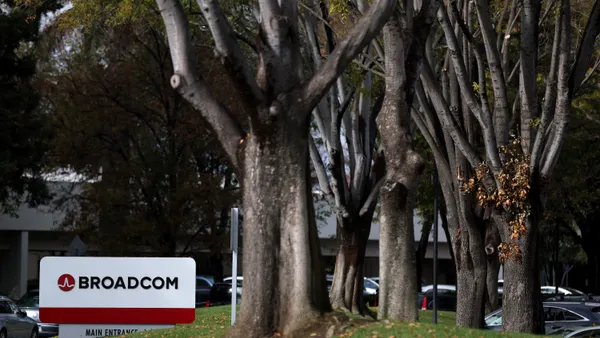Dive Brief:
-
Microsoft executives renewed calls for a Digital Geneva Convention and for tech companies to act as "medics in cyberspace," much like the Red Cross on a battlefield. The enterprise can help fill the gaps in international law relating to cyberattacks, according to Brad Smith, president and chief legal officer, and Carol Ann Browne's, director of executive communications, in Microsoft's 2018 tech predictions.
-
Tension between technology and public policy is erupting in fields such as artificial intelligence. In 2018, attention to AI will revolve around its impact on jobs — creating some, eliminating others and altering many, according to the report. These changes will "upend traditional employer-employee relationships" and "put added stress on employment laws and labor policies crafted mostly in the early 20th century."
-
Other points of focus for 2018 fell along familiar lines with the topics of cybersecurity, diversity improvements, regulatory compliance and the continued growth of the cloud, AI and globalization in business technology.
Dive Insight:
For a company recently commended by the White House for its efforts combating North Korean cyberattacks, Microsoft may seem better poised than most to take on the dangerous cyber landscape.
Yet no company is too big to fail, and one spam email or forgotten software patch can take down any organization. As companies try to protect themselves from breaches and attacks, many are stepping into bigger shoes and rising to the occasion against nation-state actors and international cyberthreats — increasing the burden on resource-strained cybersecurity teams.
As big tech companies like Microsoft and Facebook set the tone for the industry, the reality for most businesses is combating North Korea will not be a priority. But companies are prioritizing collaboration and responsibility, both within and outside of business confines.
Public outcry from large breaches such as Equifax is mounting pressure upon politicians for corporate accountability and security. And while congressional hearings on the role of AI in the U.S. economy — especially on jobs — are taking place, politicians still have a large docket to juggle, and tech may again fall to the bottom.












